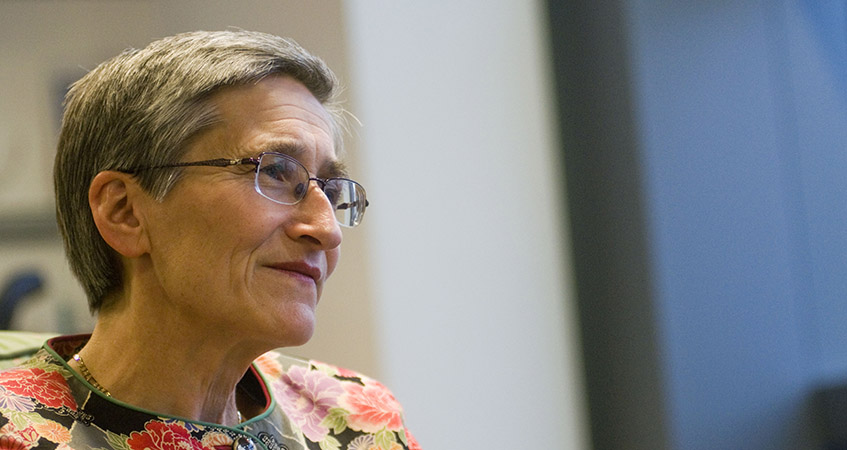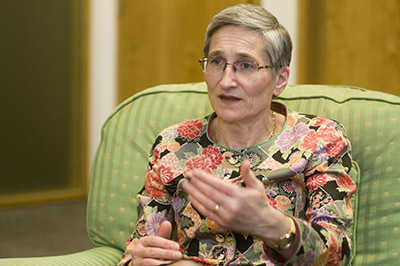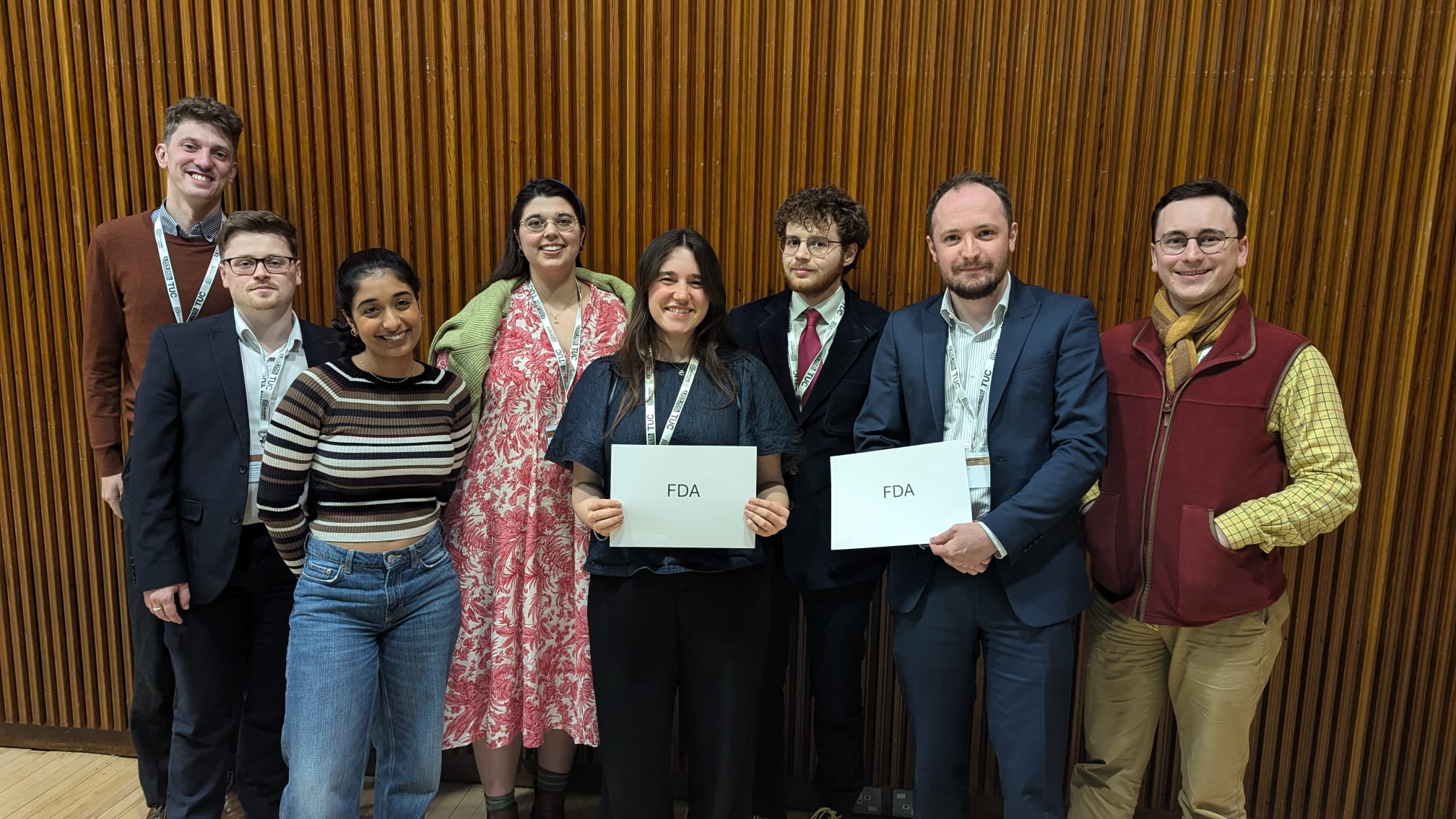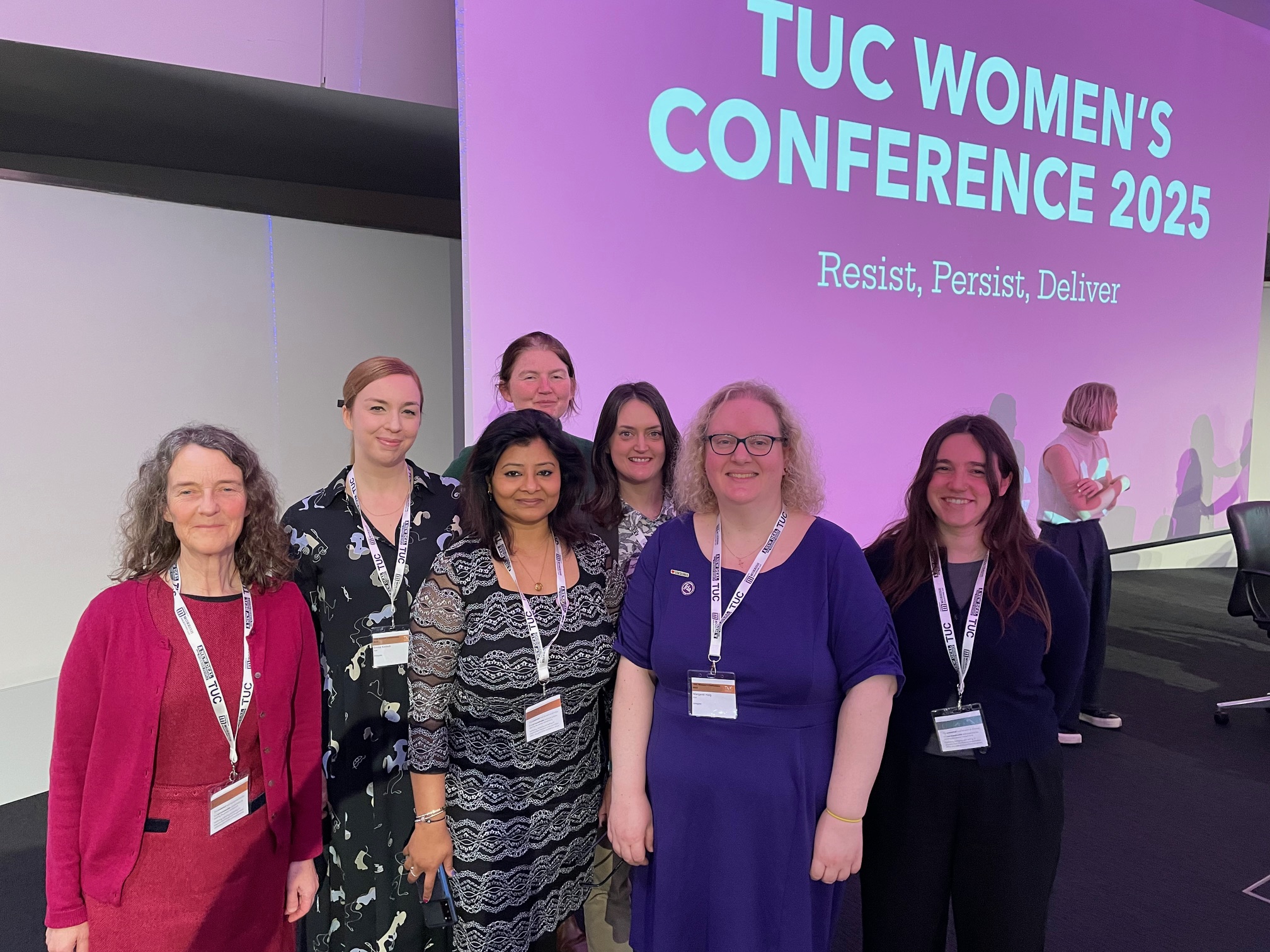Shifting focus: The FDA speaks with Clare Moriarty

“I’ve been going around Whitehall for two and a half years now saying we are the domestic department most affected by Brexit and no one has yet fought me for the title.”
As the Permanent Secretary of the Department for Environment, Food and Rural Affairs (Defra), Clare Moriarty has become well versed in the practical realities of Britain’s exit from the European Union. “In the core department, I’d say virtually everyone’s work is affected by Brexit,” she explains. “Because 80% of Defra’s work is framed by EU legislation.”
Britain’s vote to leave the EU back in June 2016 brought the priorities of the department into sharp focus, coming just seven months after the 2015 Spending Review, which set up a large-scale transformation for Defra amidst a real terms budget reduction of 15%.
“What we were looking at as we went into the Spending Review was how can we quite fundamentally transform not just the central department, but the Defra group in order to be more focused on customers. A lot of our customers will deal with either five or six different manifestations of the Defra group and sometimes they find that’s quite a contradictory experience. So, we were really looking at how can we become more digital, more streamlined, a modern operation, very customer focused. We were just starting on that path and then came the referendum and Brexit has been a hugely preoccupying force since.”
Moriarty is open when acknowledging that, given the circumstances, “it wasn’t quite the right time” to implement some of the digital transformation the department had planned, but stresses that Defra has made “some progress”.
“Some of it we are doing through Brexit, some of it we will need to come back to when we’re a little more settled,” she adds. “But that underlying theme of ‘how do you become a modern 21st century department that’s very customer focused?’, we are interpreting that through the work that we’re doing on Brexit.”
“In the core department, I’d say virtually everyone’s work is affected by Brexit. Because 80% of DEFRA’s work is framed by EU legislation.”
Following the Brexit vote, Moriarty admits that Defra initially started off with Brexit work on the one hand and ‘business as usual’ on the other. However, “there is no such thing as business as usual”, she quickly clarifies. “What’s very clear is that you just can’t separate them out into two pockets because Brexit is fundamentally changing our operating context.”
Looking towards Brexit and beyond, Moriarty is “taking the opportunity to think really big”. One of the fundamental changes she flags up is: “What comes after the common agricultural policy?”. She believes Britain’s’ environmental land management will develop to “look quite different” in the coming years and the challenge for Defra will be to ensure they’ve got both a policy design and a strategy to “deliver that in a sensible way”.
“If you project five years into the future, Brexit will have happened,” she adds. “We’ll be dealing with almost certainly a world that continues to change as the UK finds its own place and as we develop our new policies, but I think at that point it would be foolish to try and say ‘we’re doing this because of Brexit’ and ‘we’re doing this because of something else’.”
While opportunities may exist for Defra over the next few years, the immediate challenges were highlighted by the National Audit Office (NAO) in its September 2018 report on the progress the department has made in preparing for Britain’s exit from the EU.
The report raised concerns over the department’s contingency and medium-term planning. Amyas Morse, the head of the NAO, warned that while Defra had “achieved a great deal”, it wouldn’t “deliver all it originally intended in the event of no deal” due to the gaps that still remained. Morse advised that the department needed to “focus on alternatives and mitigations”.
Moriarty has taken this criticism in her stride. “I’m personally a big fan of the National Audit Office because they come with an external perspective,” she explains. “It can be quite uncomfortable in the moment but you rarely come out of the experience thinking I’ve learnt nothing from that.”
However, she cautions that any report on Brexit, in her mind, can only be viewed as a “snapshot”. According to Moriarty, in a “normal world” the NAO would come along towards the end of a process or project and examine what was achieved, what can be learnt and whether it was value for money. While she believes it is right for the NAO to scrutinise the Brexit process, the fact they are looking at a “very fast-moving target” makes it difficult.
Just as the report was published in early September, Moriarty says that they’d completed a review of the department’s planning, “particularly for what might be required in an exit without a deal”, but at the time DEFRA was working on the basis that they would be clearer about what was happening in October. When it became obvious that they would not get the “bolt of clarity” they were expecting, the department’s ministerial team and officials sat down to examine what would happen if there was an exit without a deal.
“In early September we went into what we called a ‘no deal sprint’,” she explains. “We have been preparing really hard and are now ahead of most of the rest of Whitehall. We thought about how we could strengthen the teams on our various projects so that we could do things faster, with greater delivery confidence but without people falling over because this is work being done by people working under a lot of pressure.”
Conscious of these pressures on her staff, Moriarty has worked hard to reprioritise the department, which has involved moving “quite a lot of people onto strengthening our EU exit projects”.
“We’ve had a number of people who have come in on loan from other departments to help that,” she adds. “So just about the point the NAO report came out, we shifted our focus quite a bit so actually a huge amount of things have moved on… we’re much further advanced than we were at that point”.
Of course, when starting in the civil service, Moriarty didn’t envision herself leading a department through this period of profound national transformation. Although a third-generation civil servant, she initially planned a relatively short stay. “Both my parents started in the civil service – my mother left when she had children – and both my grandfathers were also civil servants. So, it’s kind of a bit in the blood but I joined just because it looked like an interesting thing to do… I thought I could see myself doing interesting things here for five years and I’m still here, many many more than five years later.”

As Permanent Secretary, Moriarty ultimately takes responsibility for ensuring the work of the department is value for money and says “it feels a little bit more comfortable signing the accounts knowing that I could, if I had to, sit down and plough my way through them”.
While valuing this experience, she made the conscious decision that she “wasn’t going to do only finance jobs” as she didn’t want to get “pigeonholed”. For Moriarty, this is a problem the civil service hasn’t quite overcome, as a lot of people come into finance roles and “stay in finance roles”. Moriarty believes it is important to get people to move out of finance roles “at the right point… before they’re too entrenched in particular silos”.
“We value functions and professions, but the bit you then need to do is to make sure that enough of the people who have the functional expertise are also really understanding what it means to be part of the business and getting people to do particular key roles,” she explains. “Whether that’s in order to be able to do the most senior functional roles really well with an understanding of the business or whether it’s to get people into a position where they can lead the whole organisation.”
As a Whitehall leader herself, Moriarty believes she has a “slightly divergent view” of what a leader in Government should look like, which formed the basis of her talk at the FDA’s Women into Leadership London conference.
“One of the most important things I do with my role is to create a space for other people, so that fewer are being told ‘you really need to conform a bit more’.”
“I think I’ve spoken at the Women into Leadership every year I’ve been Permanent Secretary,” she recalls. “But the one in September was the first time I talked about something that I’ve now used quite a lot, which was the ‘red shoelaces’. Before I became a Permanent Secretary, I was on a development programme, so lots of well-meaning people said ‘we’re sure you get to be a Permanent Secretary but you need to change a bit’. They kept saying ‘you need to conform a bit more’ and I thought I’d conformed enough.
“So, my metaphor was: I started off in colourful clothing and I’m now very soberly dressed, I’ve just got these red shoelaces. And they said ‘can you not just take out the red shoelaces?’ Because you can get through the door, look as sober as possible to get there, become a Permanent Secretary and then you can put them back in again afterwards. And my final act of defiance was ‘No, I’m not going to take my red shoelaces out; you can take me with the red shoelaces or perhaps, if you really can’t stomach red shoelaces when all the rest of me is now very conforming and sober, maybe this is not the place for me to be’.”
Moriarty now sees it as part of her job to create an inclusive environment in her department and encourage others to keep their metaphorical red shoelaces in. “One of the most important things I do with my role is to create a space for other people, so that fewer are being told ‘you really need to conform a bit more’.” She believes that the One Team Gov movement, a grassroots grouping which describes itself as ‘a global community, working together to radically reform the public sector through practical action’, is an encouraging sign of this kind of change. Moriarty recalls that there “was nothing around like that when I was coming up through the civil service” and believes that it is only able to exist because of the development of social media.
For her part, Moriarty is a “big fan” of social media, particularly Twitter. In an article for the Guardian, back when she was the Director General at the Department for Transport in 2014, she encouraged “more female civil servants to embrace Twitter”, arguing that it enabled her to scotch preconceptions of her as “a faceless bureaucrat”. She still holds this view today and praises Twitter “as a way of being present for people who I wouldn’t otherwise be present for”.
“There are some particular issues for senior women about being seen to be unapproachable,” she adds. “And it remains a fantastically good way of just being approachable because people can get in touch.” While she believes that institutional accounts have an important role to play, she sees the true value of social media in where the “professional meets personal”.
According to Moriarty, that’s where social media moves beyond simply “a good way of transmitting information” and gives public servants the opportunity to “engage properly with the public and understand what they think is important”.
“We’re doing great stuff now with graphics and videos and different ways of getting messages over but, actually, where it really gets interesting is when people start having conversations. You can only really have a conversation with a person.”
Related News
-

FDA attends TUC Young Workers’ 2025
This March, an FDA delegation attended the annual TUC Young Workers’ Conference in Congress House, London.
-

FDA celebrates Women’s History Month 2025 with panel event
To celebrate Women’s History Month and International Women’s Day 2025 the FDA hosted a panel event looking at the history of women in the civil service and within the trade union movement.
-

FDA attends TUC Women’s Conference 2025
A delegation of FDA members attended TUC Women’s Conference 2025, held in Congress House, London, from 5-7 March.